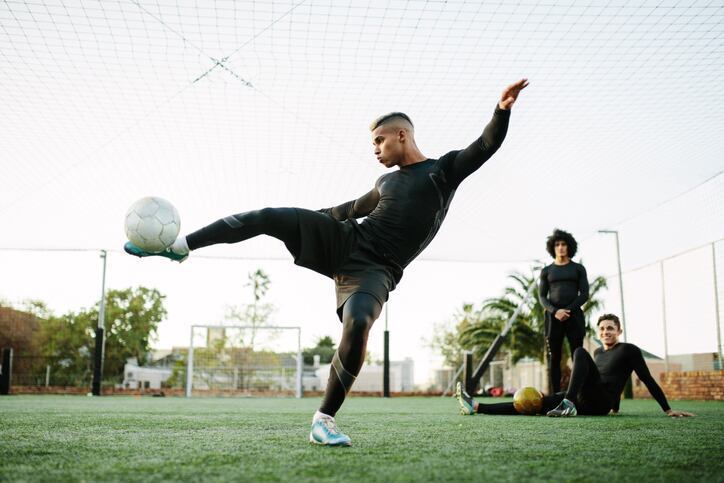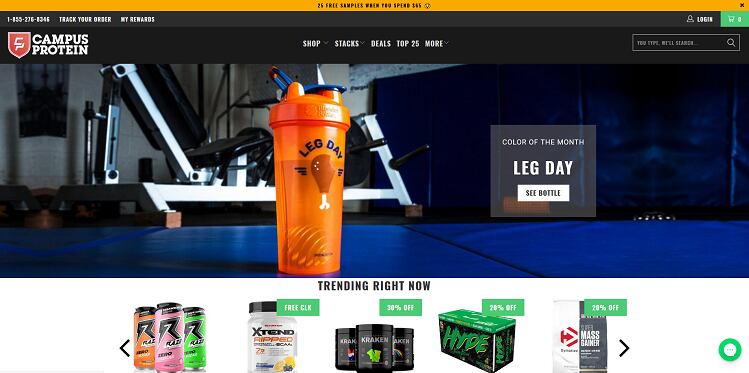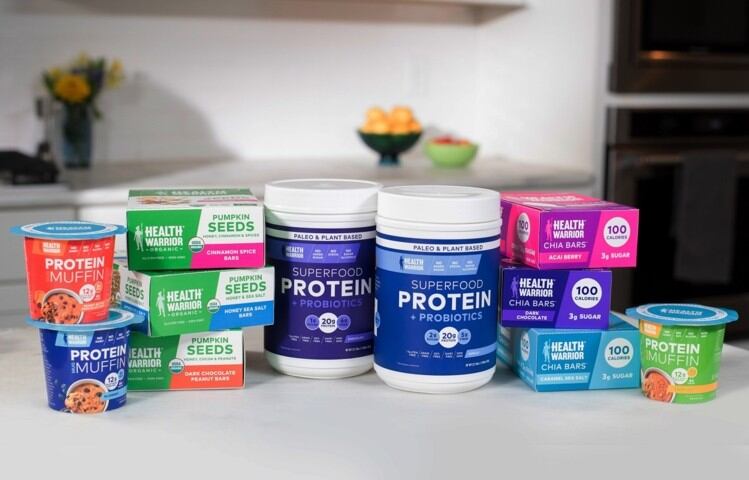Johnathan Scheiman PhD is cofounder of Fitbiomics, a company that is on a path to commercialize a microbiome isolated from the guts of highly trained athletes.
Schieman, who until recently was a research fellow at Harvard University, co-founded Fitbiomics with microbiologist George Church in whose lab he studied at Harvard University. Schieman’s work has centered on the microbiome, but his personal history as a competitive basketball player at the university level and as a professional overseas informed how he shaped that mission.
“As I tell people, I wanted to play in the NBA, but I didn’t make it, so my backup was to get a PhD in molecular biology,” Scheiman told NutraIngredients-USA.
Fixing on functional benefits
Fitbiomics has approached the issue in classic research style by breaking down the problem into manageable, controllable bites.
The potential effect of microbiome makeup on athletic performance begs a basic chicken and egg question: Are athletes’ microbiomes different because of the genetic makeup of the host? Or does heavy training create an environment in which certain strains come to the fore to perform beneficial services?
That’s a thorny problem with lots of potential confounding factors. The simpler subset of that is to look at the microbes themselves to see what they’re doing. If you can find a bug that’s doing something big in the gut of an athlete, it stands to reason it would, if administered to a person of lesser athletic status, do a similar thing for them, too.
“There is a tremendous amount of diversity within the human gut and we have so many strains we have yet to harness. But we did find one particular organism that was elevated in these athletes across the board and that was doing something special,” he said.
The company first recruited 15 runners in the Boston Marathon and 15 sedentary controls to see if there was some factor that could account for why athletes can recover from strenuous exercise so much better than do other people. That work also extend to Olympic rowers and ultra marathoners.
The result was the isolation of an organism that preferentially feeds on lactic acid. Lactic acid naturally builds up in the muscles during strenuous and/or prolonged exercise and is thought to be part of what we experience as soreness. (More recent research has also focused on the role microscopic muscle tears play in that feeling, too.)
“The main finding is that this bug increased dramatically post exercise and it was more elevated in athletes as opposed to non-athletes,” Scheiman said.
New functional focus within microbiome field
Scheiman said the company’s work will help open a whole new category within the probiotics field.
“Microbiology has of course been around for a long time. The microbiome field in general is about 10 years old. The advent of net gen sequencing and the abilities that it afforded basically created it,” he said.
“The notion of augmenting fitness through the microbiome is newer still. If you look around for research on this topic, you won’t find too much,” Scheiman said.
Much of the research on athletic training and the microbiome thus far has been along the population model, trying to figure out how the microbiomes of athletes are different from those of you and me.
One recent study along these lines was one done on Irish rugby players. The researchers found significantly greater diversity among the rugby players compared to sedentary controls. Why this is the case is a matter for further research, Scheiman said
“I don’t know if we know what a ‘healthy microbiome’ is, but in healthier individuals, the microbiome tends to be more diverse,” Scheiman said.
“In individuals who have diabetes or are obese, they often tend to have less diversity. People who have healthy lifestyles, healthy diets, who exercise regularly, they tend to have more diverse guts,” he said.
New data to present
Scheiman said FitBiomics has a paper in the review process that will shed more light on the characteristics of his company’s proprietary strain (the precise description of this organism remains confidential until the company can fully nail down its intellectual property, Scheiman said).
Scheiman will present some of these preliminary results during a session at NutraIngredients-USA’s upcoming Sports Nutrition event in San Diego. (For more details on the event see below.)
“What I’m really excited about is to come to San Diego where I’ll present some new data that we have not presented previously,” Scheiman said.
“We are just starting to scratch the surface of the ability of our gut to interact with the rest of our body and affect even distal parts of our body,” he said.
Interested in Sports Nutrition?

The inaugural NutraIngredients-USA Sports Nutrition Summit, in association with the International Society of Sports Nutrition, will bring together leading scientists, brands and retailers, market analysts, and innovators in a unique, market-leading face-to-face event.
The key themes of this event include:
- The “size of the prize”
- The power and importance of social media
- Positioning and differentiation
- Sports nutrition and the military - product use survey data and enhancing the performance of Warfighters
- The State of the Science: Sports, fitness and exercise Nutrition
- Sports Nutrition products and Elite Athletes
- Alphabet soup: Everything brands need to know about GMPs, NDIs, AERs, DASCA, SARMs…
- Bacterial boosts – The microbiome and sports
- Personalization and the digital revolution
- Nootropics & sports nutrition




